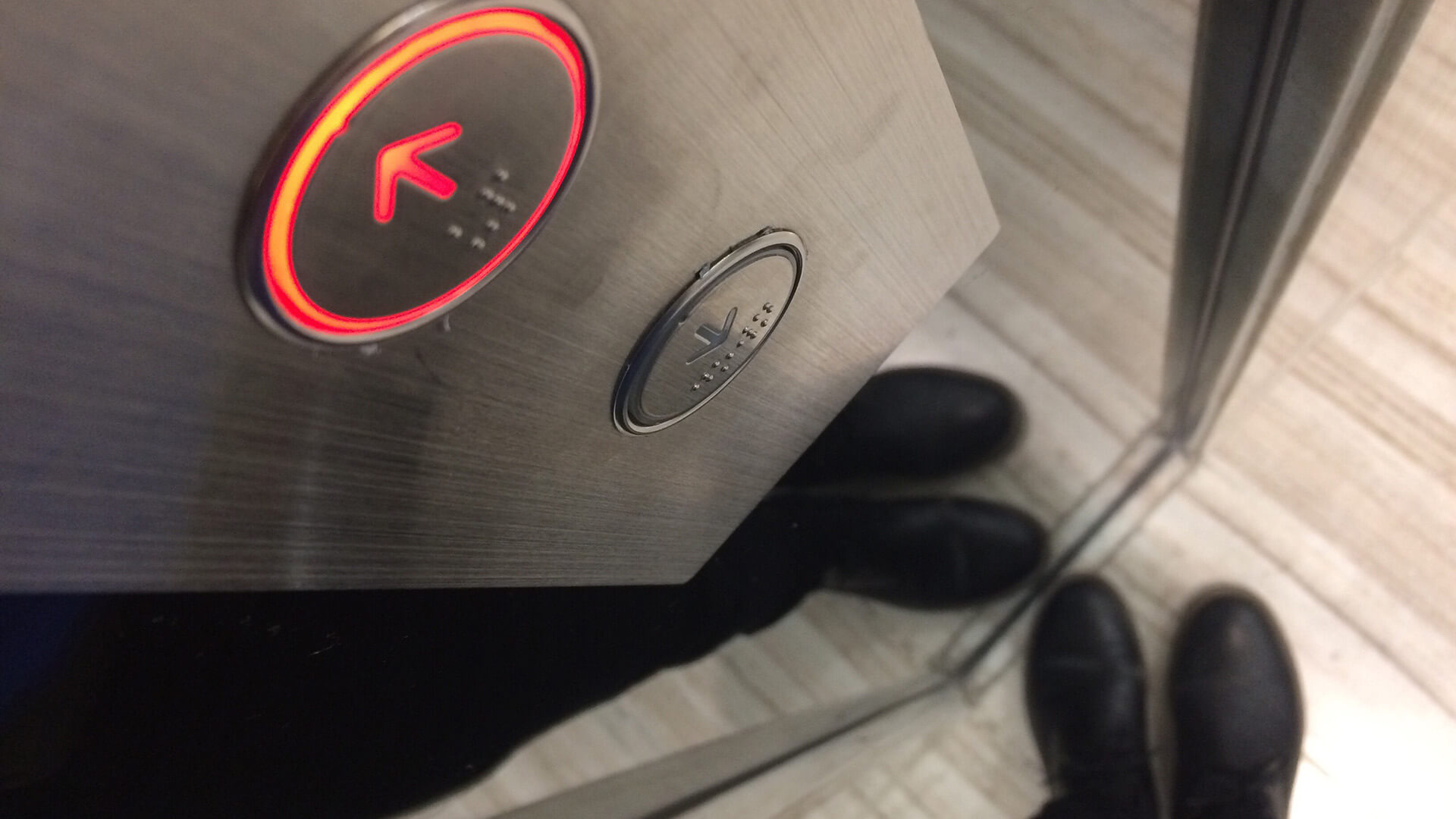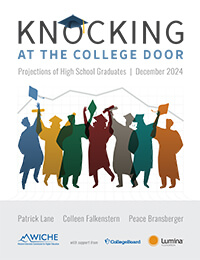
Lumina’s Data & Research
Lumina’s data, research, and evaluation team members invest in reliable research and data related to the populations and issues critical to our mission, particularly in the areas of enrollment, persistence, and completion in education beyond high school.
Overview
Because Lumina seeks a quantifiable, time-limited goal—that is, 60% of American adults with a quality post-high school credential by 2025—accurate, relevant data are critical to our work. We seek to ensure that adults, especially people of color, have access to programs that lead to valuable, meaningful credentials, and that they have the resources and support to ensure their success. We use research and data to understand what works, for whom, and under what conditions. And, by adding to the knowledge base, we strengthen the capacity of others to do the same. We invest in research that is critical to our mission—that is, research related to the enrollment, persistence, and completion in adults in postsecondary education. This site offers a few highlights of what we are learning in each of these areas.
Learn more about our evaluative approach.
Learn more about our research approach.
Learn more about our data and measurement approach.
Increasing enrollment and re-enrollment
Most research on enrollment and re-enrollment focuses on traditional-age students, even though institutions increasingly serve adult learners. We want to build better data sources on students seeking or considering short-term credentials. Our research and evaluations seek to understand practices and policies that help adult learners enroll in and complete programs that lead to high-quality credentials.

What We Know About Enrollment Trends

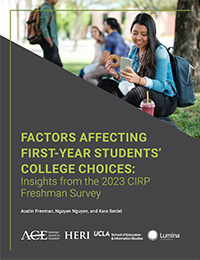
Factors Affecting First-Year Students’ College Choices
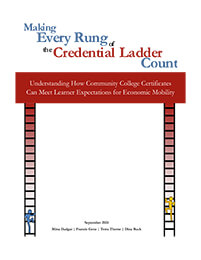
Making Every Rung of the Credential Ladder Count
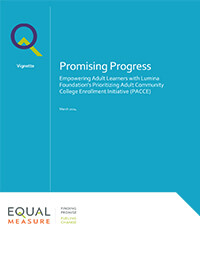
Insights to Support Adult Learners at Community Colleges
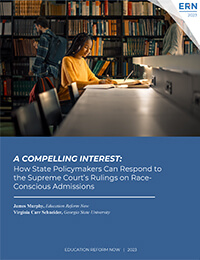
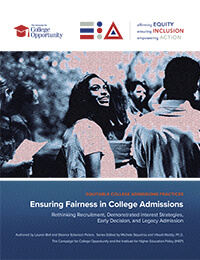
Ensuring Fairness in College Admissions
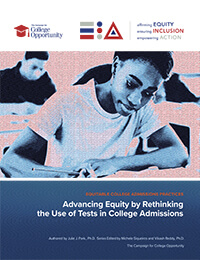
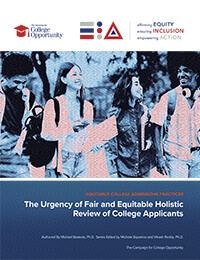
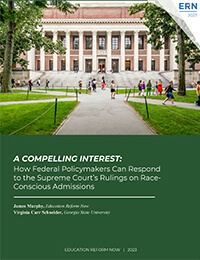
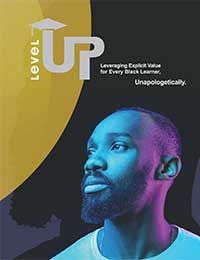
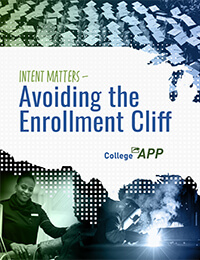
Avoiding the Enrollment Cliff
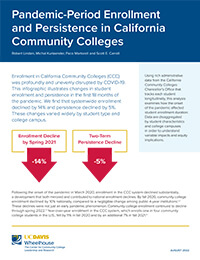
Increasing persistence
Regardless of institutional type, inequities exist—and have always existed—in the persistence rates of older students and students of color. Many such students are caregivers, working full-time, veterans, and the first in their families to go to college. They need a system that is flexible, affordable, and responsive to their needs.
It is critical to identify evidence-based policies and practices that can help these student groups overcome barriers and complete their programs. To help more students persist, we work to create data systems that include all student characteristics (race, age, caregiving status, military service, previous college experience, etc.) and the various paths and barriers they face. Our research and evaluation efforts seek to identify the strategies that have the greatest positive impact on adults and students of color.

Why Persistence Is Important

Student Mental Health on College Campuses
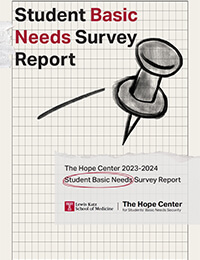
Student Basic Needs Survey Report (2023-2024)
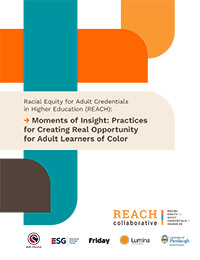
Moments of Insight
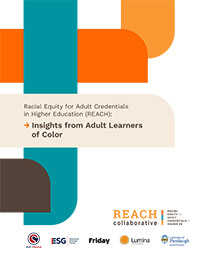
Insights from Adult Learners of Color
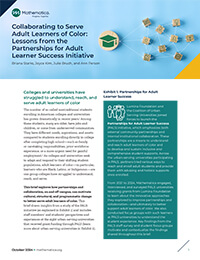
Collaborating to Serve Adult Learners of Color
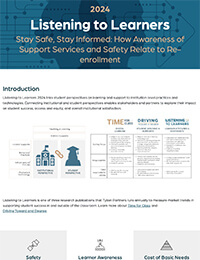
Listening to Learners
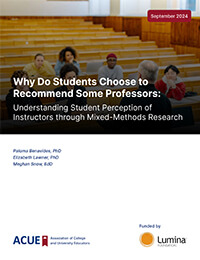
Why Do Students Choose to Recommend Some Professors
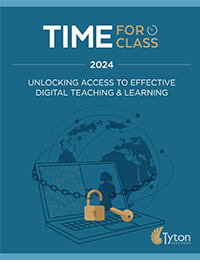
Time for Class 2024

HBCU Adult Learner Initiative
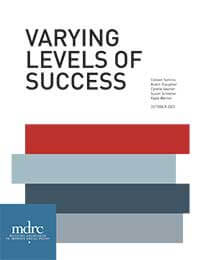
Varying Levels of SUCCESS

Driving Toward a Degree 2023
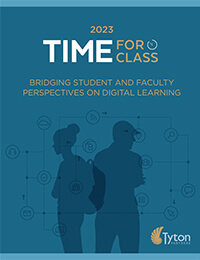
Time for Class 2023
Increasing completion
Americans have long touted education as the great equalizer, but the data clearly show that Black and brown students are consistently left behind. Due to systemic and inequitable practices and policies, Black, Hispanic, and Native American students are less likely than their white peers to enroll in college or complete a credential. Programs seeking to serve adult learners of color better must resolve issues discouraging adults and allow these inequities to persist. Our data, research, and evaluation efforts focus on today’s students and seek effective remedies by exploring the trends, programs, and policies that can increase completion.

Why Completion Is Important
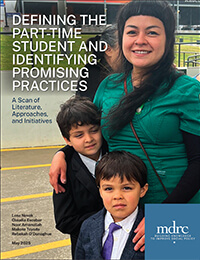

In Students’ Own Words

Is College Worth It?
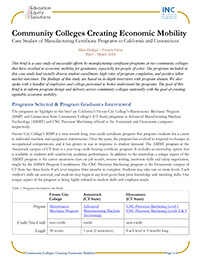
Community Colleges Creating Economic Mobility


Education for What?
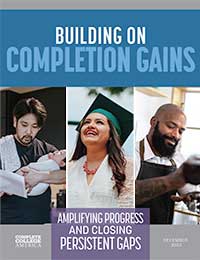
Building on Completion Gains
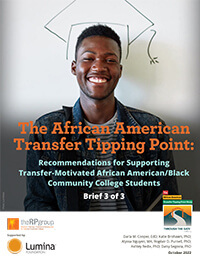
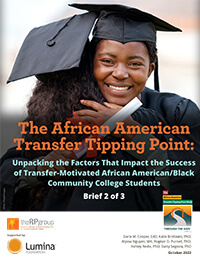
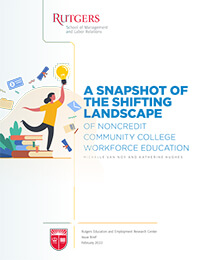
A Snapshot of the Shifting Landscape
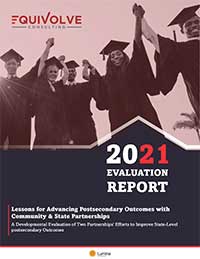

Recent writing on Lumina Data, Research, and Evaluation
Take a deeper dive into Lumina-funded research.

